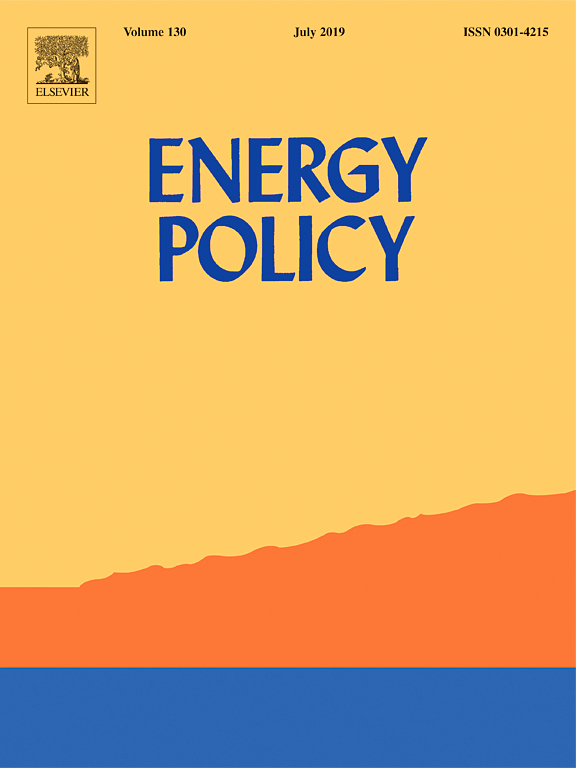A multidimensional measure of energy poverty in China and its impacts on health: An empirical study based on the China family panel studies

Print Article:
About the Journal
Energy Policy, Volume 131, August 2019, Pages 72-81.
Authors
- Dayong Zhang, Research Institute of Economics and Management, Southwestern University of Finance and Economics, Chengdu, China
- Jiajia Li, Colleges of Economics, Sichuan Agricultural University, Chengdu, China
- Han Phoumin, Economic Research Institute for ASEAN and East Asia, Indonesia
Highlights
- A multidimensional measure of energy poverty in China is constructed.
- Both affordability and accessibility of modern energy form are incorporated.
- Household level data from the China Family Panel Studies is used for empirical analysis
- Significant negative impact on health from energy poverty is confirmed.
Abstract
Inability or insufficient access to modern forms of energy is an important issue in development, which makes the notion of energy poverty a widely discussed topic. A consensus has been reached that energy poverty has serious health, education, and other socio-economic impacts for people in a country. However, measurements of energy poverty have generally been absent or inaccurate, especially for developing countries at the micro level. This paper begins with the multidimensional nature of energy poverty and uses household-level survey data in China to construct a quantitative measure of energy poverty, covering both affordability of and accessibility to a broad range of forms of energy. It then builds an econometricmodel to address empirically how much energy poverty affects health. A statistically significant and robust negative impact on health from energy poverty is confirmed. Our results have important policy relevance in terms of understanding the current status quo of energy poverty in China and its consequences. The concept can also be expanded to investigate similar issues in other developing countries.
More Information
Click here to access and purchase the article.




